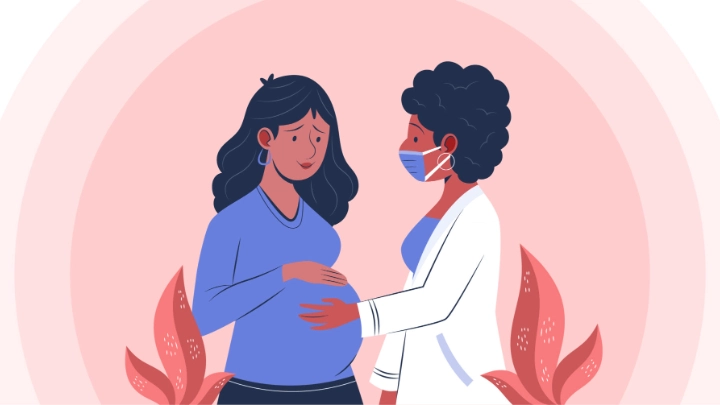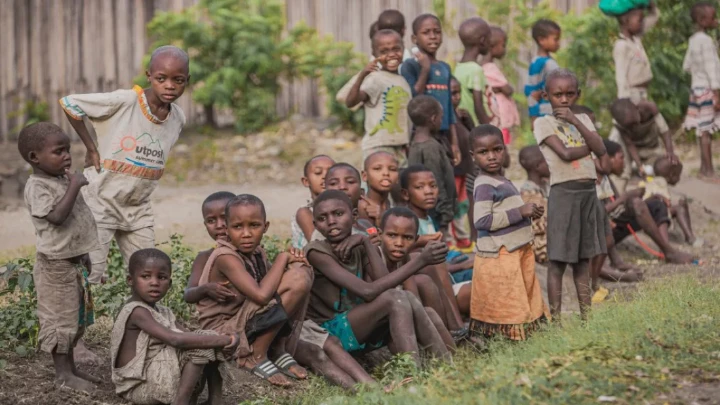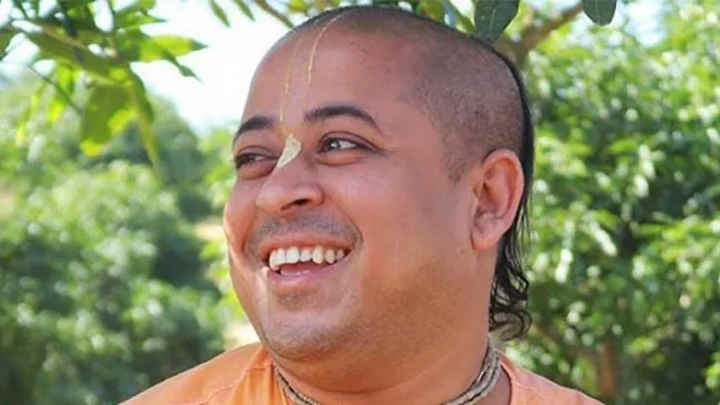Psychiatrists urge change in mentality towards pregnancy ; Safe motherhood still a challenge in developing countries
Breaking the silence: Addressing pregnancy taboos for safe motherhood
DhakaTribune || Shining BD
At a parent-teacher meeting, the mother of a student asked the father of another pupil: “Bhai (brother), where is Bhabi (sister-in-law)?” “She is the one who usually comes to these meetings, but she could not make it this time because she is unwell,” the father answered coyly. After she pressed him for specifics about his wife’s illness, he said in a roundabout way that she was pregnant with their second child and was fit as a fiddle.
Then why did he say his wife was sick?
Healthy yet sick
Thousands of fathers—and often mothers—use the term "illness" while announcing a pregnancy, or do so bashfully, as if it were something shameful.
Psychiatrists argue that this mindset needs to change, as pregnancy is a natural process and the family should be involved at every stage. This could help reduce maternal mortality rates, they say, adding that this will not be possible as long as discussing pregnancy openly remains taboo.
In a country where many women still lack the agency to make decisions from conception to delivery, ensuring safe motherhood is a significant challenge, according to physicians.
They say to change the situation swiftly, men need to break the taboo and provide emotional support in order to get women used to making decisions through discussions about different issues.
Safe motherhood
Tuesday marks Safe Motherhood Day, observed in Bangladesh since 1997 to promote maternal health, reduce maternal mortality and ensure newborn well-being.
Doctors emphasize that it is important to consider not just mortality rates but also the entire childbirth journey and the mental health of women. Essentially, safe motherhood involves providing secure healthcare for women during pregnancy, delivery and post-delivery.
Globally, approximately 830 women die daily due to pregnancy and childbirth complications, with 99% of these deaths occurring in developing countries.
The World Health Organization took action to improve the quality of maternal health around the world through the declaration of the Safe Motherhood Initiative at an international conference on maternal mortality in Nairobi, Kenya, in 1987. Its main objective was to halve maternal mortality by 2000.
With the approval of Prime Minister Sheikh Hasina in 1997, Bangladesh first observed Safe Motherhood Day on May 28 the next year.
In 2015, the WHO incorporated the initiative into its sustainable development strategy.
Discussing why open conversations about the physical and mental changes women experienced, as well as topics like periods and motherhood, remained difficult, rights activist Khushi Kabir, the coordinator of Nijera Kori, explained that men in this country were not raised to view bodies and their treatment as essential matters. “A patient’s body is just a collection of different organs – they are unable to see it like that.”
Meanwhile, gynaecology and obstetrics specialist Dr Bilkis Begum Chowdhury emphasized the importance of education in changing societal attitudes.
"If our literacy rate does not increase and if we do not foster an environment for open discussions about these issues at educational institutions, people will not recognize them as normal,” she said.
"In our country, 51.4% of girls are married before the age of 18, and 15.5% are married before 15. In such circumstances, men must first comprehend this coyness about pregnancy or how to make the announcement the right way,” she said.
“While women might be curious about physical changes in men, men are not subjected to emotional harassment by women. But it is important to change the mentality where comments directed at natural changes to women’s bodies are made by men that stem from indifference.
“Men here often do not see medical treatment as just that—treatment… [Women] are not even taken to female gynaecologists, let alone male gynaecologists. [Women] remain unaware of the changes in their bodies and in sex life, which causes anxiety.”
This lack of awareness and support made them vulnerable when it came to safe motherhood, the gynaecologist said.
Shining BD
























